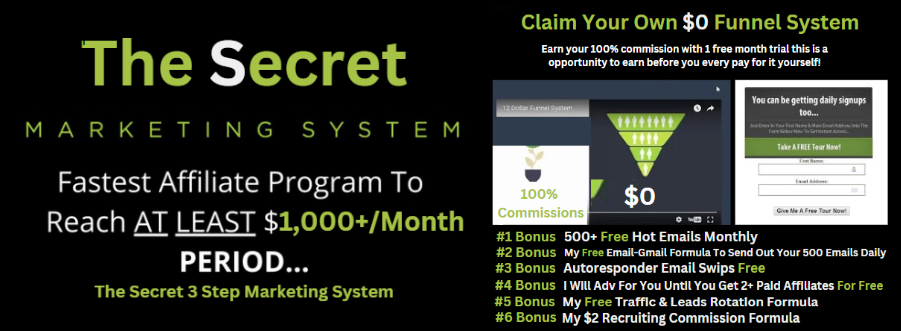
Honestly, given my experience in the newspaper industry, I think both things can be true.
Like at Google, any newspaper has two main operations: the part that creates a product that the public wants, and the part that sells ads. The newsroom works hard to uncover and report the news, telling the public what they need and want to know. But newspapers make more money these days from selling ads than from subscriptions, so it’s really easy for the ad side of the business to take priority. The more a newspaper focuses on ad revenue, the shorter and more superficial the news coverage gets, with more and more column inches and operational dollars being devoted to ads instead of news.
I don’t doubt that the Search side of Google really is working hard to improve the SERPs and help us find the information we want. But Google is a business, and it has to make money somehow. And with the rise of AI opening up another front in Google’s battle to maintain market dominance, there’s a whole new source of financial pressure: Developing AI and keeping all of those servers running isn’t cheap.
And then, there’s the recent antitrust ruling against Google, which is likely to change everything.
So where does all of this leave Google, and where does it leave us? I think the answer may lie in a two-pronged approach that’s optimized for both today’s free, ad-supported Google and a future iteration of what is currently called Gemini Advanced.
Free vs. AI: The Roads Forward
Nobody likes paying for something that could be free. People didn’t really want to pay for newspaper subscriptions anymore once you could get the news online. But the result of that has been the closure of a lot of newsrooms across the country, with the strongest survivors being the ones that could convince people that their coverage was worth the cost of an online subscription.
Similarly, you probably won’t find a lot of people who would jump at the chance to pay for Google Search. But what if what you were paying for was the Google we’ve been promised, a Google that was actually really good at finding you exactly what you wanted, without ads or spam? They keep saying that that’s what they’re working toward, a human-centered search experience that helps you find helpful content.
In light of the Justice Department’s ruling, it wouldn’t surprise me if we end up with two separate Googles someday: one free, ad-funded search engine that works a lot like how it did a few years ago, and one subscription-based, AI-powered search tool, a personal Jeeves for the 21st century Internet that helps people to find high-quality, user-focused, trustworthy information. And to succeed in a world where people use both of those types of tools to find things online, we’ll need to optimize for both.
SEO for Today and Tomorrow
It’s clear that we need to be constantly improving the quality of our websites’ content, focusing on meeting the user intent of the queries we hope to rank for. Google has said as much, over and over and over again: We need to fill our sites with content that’s designed to help readers learn what they want to know, not keyword-stuffed fluff created only for Google’s algorithm. That’s what Google wants to reward. And as AI continues to improve, that’s the stuff it’s more likely to draw from and link to when formulating answers for users.
But it’s also abundantly clear that backlinks are not dead. In fact, factors like backlinks, clicks, and Chrome data showed up in May’s Google code leak, and Jim Boykin’s research this year has only confirmed that links are highly valuable if you want to rank in Google’s search results. There’s little reason to think that that wouldn’t continue to be the case in a world where the SERPs become a separate product, independent of other current Google products like Gemini and Chrome.
Both high-quality on-page content and off-page factors are likely to continue to be important to a website’s online visibility, no matter what type of search engine or tool people are using months or years from now. Making sure that you’re giving enough attention to both could make all the difference to your site’s performance.
